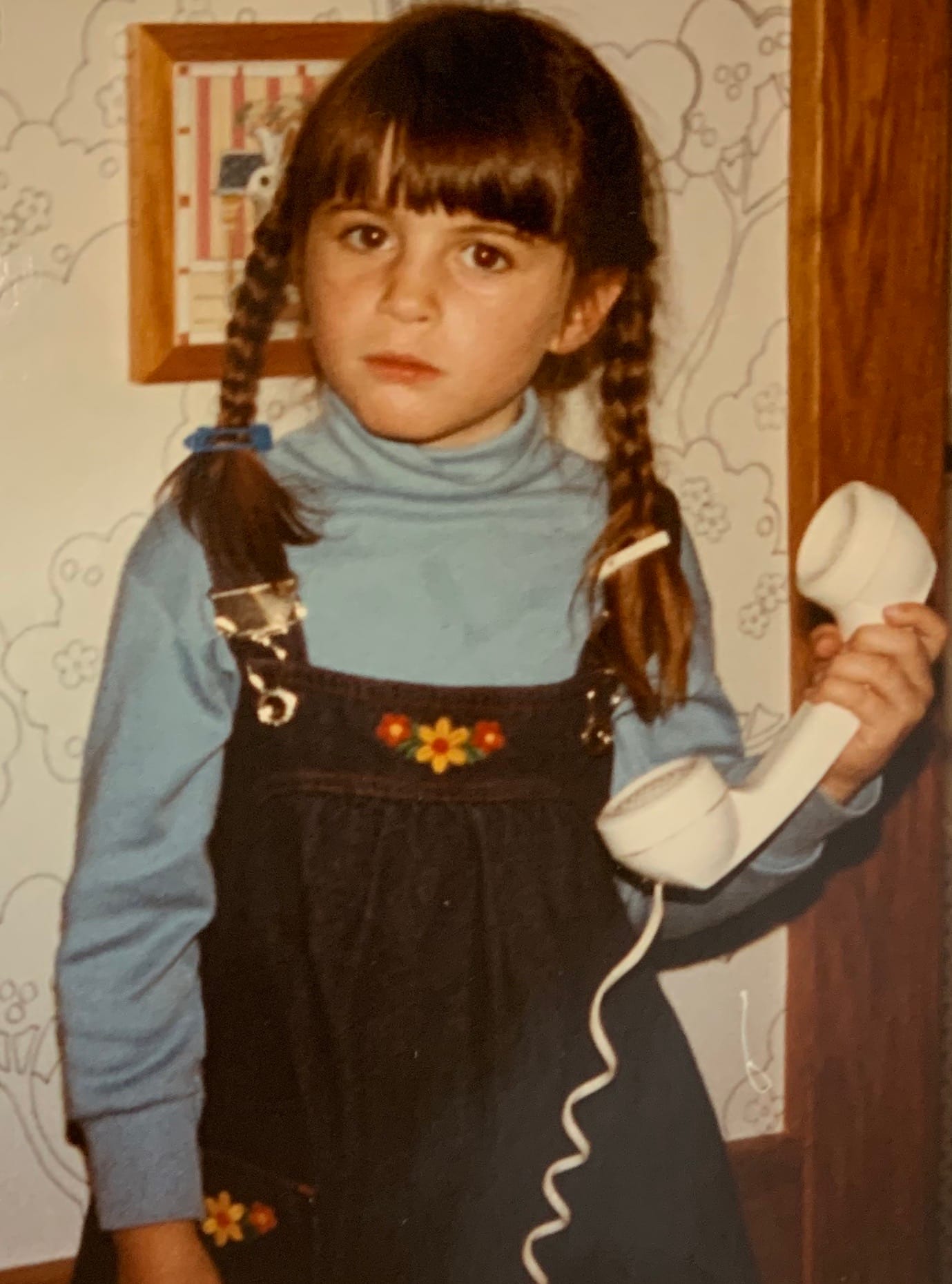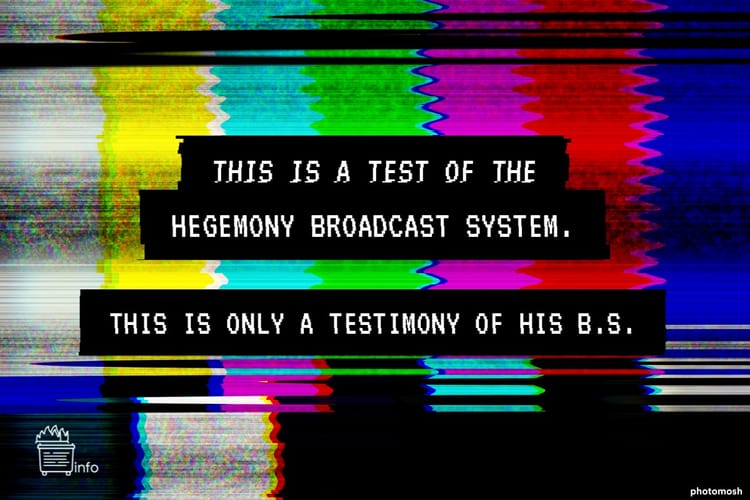How to Design a Wonderful Life and Leave a Legacy: Work with Purpose and People Who Care

On a seemingly random Sunday in September, someone I know passed away. It happened to be Rosh Hashanah, the Jewish New Year, which fits the person who brought a sweetness to every conversation.
I knew him as Sid–by just the one name. Up until his death at 97, Sid worked with my mom, more than 25 years his junior.
My mom and Sid both had high regard for one another, and worked together over the course of 4 decades–sometimes a lot, sometimes not. Both were solopreneurs before it was in fashion, long before I went to fashion school.
He was compassionate, thoughtful, and for most of my life–I’m approaching half a century–a comfort. My mom had just spoken to him. Knowing that he still checked in with my mom after all these years was heartwarming. Words like "sweet" and "heartwarming" may seem trite or impersonal. I didn't know Sid all that well, but they accurately describe the feeling I have when I think about him.
Sid was always happy to help people, and I only learned through his obituary the significance of the time that he helped me back in college. I also learned, posthumously a lot about his long life and career. He was born in 1926. He was a WWII vet. He was a teacher. He traveled all over the country to speak. And he was a powerhouse of an attorney.
When I first met Sid, I was a little kid. Maybe 5 or 6?
My mom worked from home, a rare thing at the time, and visiting his big city office was always a BIG deal. When we arrived, he‘d fawn over us like a grandpa; it was good to have a face to put to the name we heard so much about.

Thanks to my mom's ahead-of-its-time home office, we'd field calls from Sid on my mom's office line which also rang in our kitchen. Growing up, I was one of the only kids who had a fax (and copier) in their house too! It made school projects and job applications so much easier!
In the mid-90's, when trying to secure my first college internship, my mom asked for Sid's help which he happily gave.
I went to his office from F.I.T., the design school I had started that year. Midtown was much less of a schlep than my childhood home would have been. When I arrived, Sid stopped whatever it was he was doing, made a huge fuss, and ensured his assistant helped me. He was thrilled to do it and talked about it for years. (Nice to know it left an impression on both of us.)
I faxed my resume to more than a dozen companies, unsolicited. With a cover letter stating why I'd make a great intern, I dialed each number carefully from the printed Childrenswear Company Directory, a booklet I nabbed in the garment district. And, I got a job out of it! (13 No's, 1 yes!) It would be a long time before I saw Sid again but my career was impacted by his kindness and support.
Sid was always “old” to me, so the fact that he lived another 28 years is truly a blessing. I could tell even as a kid, Sid really loved humans; he was a BIG fan of people. This especially oozed from him when he talked about my mom—how she’s so amazing and wonderful. He genuinely worried about my mom. “But how is she, really?” When he would ask about my sister, it was if he was asking about his own grandkids.
As I mentioned, my mom’s in office was off our living room. She would always prep us when we got home from school: "Sid is going to call at 4. Don't answer it." It wasn't because she pretended not to have kids home. It was because he was a talker and she was disciplined and determined to be totally focused during her work day.
When he called her, he'd start every conversation with “How are the kids?”—he really wanted to know all about us. If I answered the phone in our kitchen, before my mom grabbed the line in her office, he would schmooze and ask me everything, and then marvel.
Sid would listen to me babble away as if it was the first time he'd ever heard such human experiences.
Sid would always say “Well, isn’t that wonderful! Just wonderful,” as if he was delighted by it all. It‘s exactly how my late father-in-law was when marveling at his grand kid, despite having 3 kids of his own (my husband included). My kid would do something new and he’d say “Well, isn’t that something?!”
A decade ago Sid was in Portland for some event, along with a "companion" as he kept calling her. (She was not his wife, but he was caring for her as she lost a lifetime of memories.)
This meetup was one of those things my mom called to ask me with an almost, “ “you better” tone. She thought she was going to have to force me to do it. For him? Are you kidding? I was smiling at the thought. Sid was one of those people I’d literally do anything for, though I barely knew him, because he did the same for me. Turns out that is how he was towards everyone.
I met up with him in the late afternoon with my 1st born, who was probably early in elementary school at the time; maybe younger? We had high tea at this fancy hotel downtown and he was in awe–of me, my kid, and my life in general.
I assume it must have been "a trip" for a him to see us, because he had probably met me when I was about the same age as my kid. Sid even brought up my dad, who had passed away a few years prior in 2010, saying how nice he was, and how sad it was etc.
I remember he pulled me aside (away from the friend he traveled with, and out of ear shot of my mini-me) to impart wisdom, which I can’t fully remember, but wish I could. I just remember how earnest he was–the way older people repeat themselves, but to make sure you are paying attention, not because they forgot what they said. I am sure the gist of it was be good, enjoy your life, take care of your mother and your sister.
Always, “Take care of your mother.” He really loved her and respected her.
My mom spoke to him just last week (before he died); he was worried about her.
I told her that his is the kind of legacy we should all hope to leave behind with the people we've worked wit—that they just enjoyed us and our presence and our gifts, and celebrated them. That they truly care about our life outside of work and saw themselves not as outside but apart of that. We deserve to work with people who are in it for the long haul, through children or divorce or moving, especially when you work “solo.”
Loving what you do and who you work with is important, and it’s also an utter privilege. And I do mean loving them. Saying I love you to your coworkers is huge and rare. It's not that we need to all be a “family.” I get that work and personal bleeding together can be viewed as toxic capitalism. Needless to say, my view is different.
As long as people have lived on the earth, we have labored. Society used to be much more cooperative, protecting each other from being eaten by lions. We were intergenerational and learned from our elders. We didn't raise our kids isolated in a house on a hill, nor did moms or grandparents have the option of not working. Everyone did their part and no one’s labor was viewed as more valuable. Hunters and gatherers were both respected contributors. And, despite what I was taught in the 80s and 90s, there's plenty of evidence women hunted, too.
Labor was and is the thing we all do, whether it's a labor of love like raising kids, or a slog, like punching the clock at a job you hate. We all have to work with people, even if we’re solopreneurs, creators, or writers who have ideas that can only be written in solitude. The ideas have to form somehow, and that is done in community, in connections, and collaborations. It’s done in conversations—even the personal ones.
We don't always love our jobs or the work, but if we're lucky we find a "work wife"–the confidant who knows your full career arc, and roots for you for decades on end. They're the last person you talk to before time off; they're the first person you talk to when you get back. These people are instrumental in your growth, success, and survival in "workplaces" or self-employment. It's irrelevant if you actually work in the same place. What matters is that they bear witness to that part of your brilliance, while holding space for ALL of you. If that doesn’t describe a loved one, I don't know what would.
Finding mentors and colleagues who truly see us, cheer for us, and make shit happen for us, is the key to “making it.”
I doubt my mom would have made it without Sid’s full support and mentorship, especially in such a sexist field. Though we "disagree" on many fiscal, social, and political issues, she’s clearly doing something right if one of her first colleagues still checked in on her after 4 decades. After 35 years working away from her home office my mom’s garnered a huge readership, awards, and a reputable brand. No doubt Sid was instrumental as she built her foundation.
My mom always said he was a great boss/client/partner, and noted the other day when we were talking about him, "And, he always paid on time." This may sound insignificant, impersonal even, but for a mom in the 80s and 90s working at home with 2 kids, going through a divorce, paying for college—these details matter. As any small business owner knows, getting paid can be a giant pain.
Unbeknownst to me—I read an obituary that covered his professional life from a business organization—Sid was also a prolific teacher, schlepping huge law books to workshops (pre-internet) should anyone have a question.
“He traveled the U.S. with huge suitcases that contained textbooks and IRS materials so that he could field questions on the spot at a time when no laptops or smartphones existed to provide instantaneous answers. Kess wowed his audiences and kept them entertained during his two-day courses, speaking eight hours a day. Lecture attendees often stood in line after the day was done to ask Kess questions or for advice. He also helped some students find jobs and helped others find employees.”
My take away—he paid it forward in heaps. How we wield the power and privilege that come when we become the "expert" in our fields is our legacy. What we do in academic and vocational circles, and in our community is what makes the difference between a leader, and a know it all. Sid clearly led with heart.
Sid’s legacy extended not just to his students or colleagues, but surely his family, too. I never met them but I hope they appreciated him and recognized the difference he made in the same way our family did—and in the way I still do. May his memory be a blessing to all who knew and loved him.
Listen…We can trivialize “work” and bag on "labor." Sure, you can say "F capitalism!" and mean it.
But can we be real a minute?
We spend the majority of our life (34 solid years of it on average) working.
Just as I don't pretend money isn't important, I won’t pretend how we show up at work doesn’t matter.
We can build deep connections with full human beings and still GSD (Get shit done.) These rare gems see us in our zone of genius, or “unicorn space” as Eve Rodsky calls it. In turn they bear witness to and participate in a special part of our lives.
The legacy we leave behind is as fleeting as our stint here on earth, but it’s what makes that brief time here “wonderful.” Try as we might to separate our personal and professional, work and life are not mutually exclusive. The best part about working for ourselves is that we don’t have to pretend they are. We get to live in our work, and live on through our work and the people we helped along the way.
And, isn’t that just something?






Member discussion